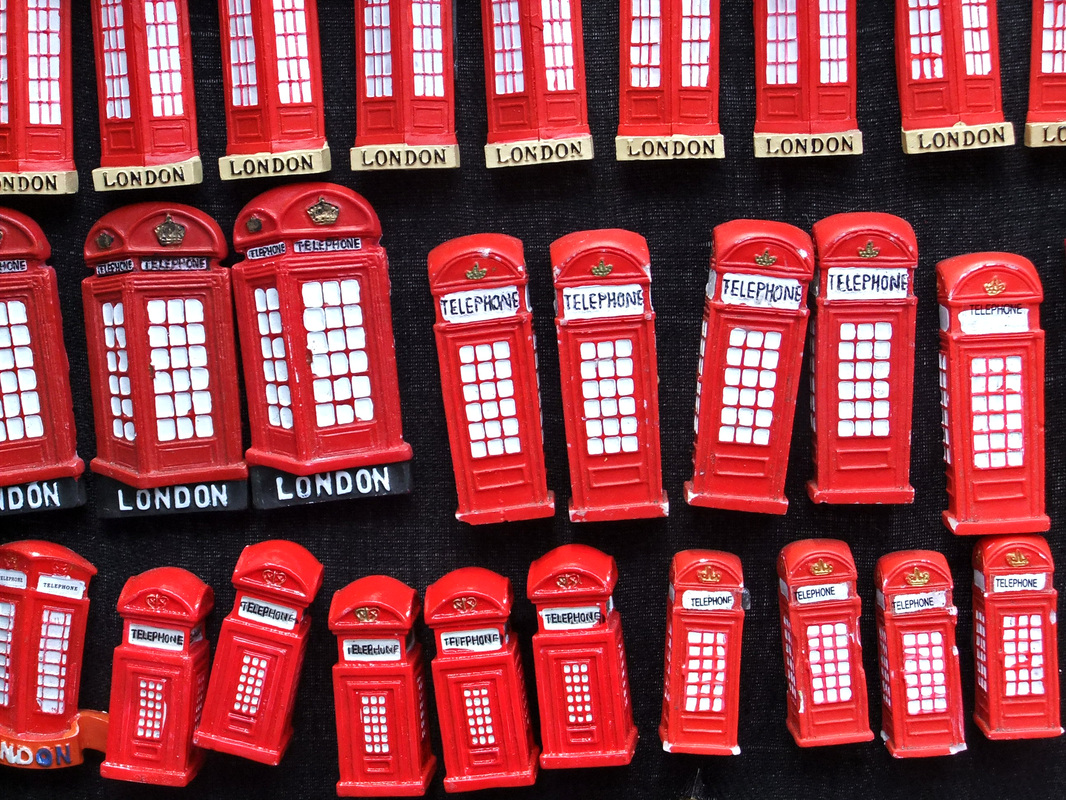Below is some of the vocabulary that we went over at the end of the walk last Saturday. How lovely to do that in such a lovely pub! And weren’t we lucky to be inside when the thunder storm began?!
I enjoyed meeting you all and hope to see you again soon. You really worked hard – listening, finding new words, speaking English and supporting each other. Thank you!
Best Wishes
Gail
Vocabulary In the shadow of the Shard: Bermondsey and Rotherhithe – Saturday 25th January 2014
To snatch (verb): to take something with a quick rough movement.
e.g. On the London Underground there are often warning signs about ‘bag snatchers’ – people who snatch bags and run off with them.
e.g. We talked about how people took dead bodies from graveyards (especially in the early 19th century). They were called ‘body-snatchers’)
To bury (verb) buried: a) to put a dead body in the ground.
b) to put something in a hole in the ground and cover it. E.g. Our dog buried it’s bones in the garden.
To plant (something) (verb): to put plants, seeds etc in the ground to grow. e.g. Bulbs should be planted in the autumn.
A ditch (noun): a long narrow hole that has been dug in to the ground. Usually ditches are along the side of a road or field for water to flow away.
To dig (verb): (digging; pt pp dug): to move earth and make a hole in the ground. E.g. the children are busy digging in the sand.
We talked about how the river water was kept away from Jacob’s Island in the Victorian period. Ditches were dug all around Jacob’s Island so the water drained away and they could build on the land.
A spade (noun): a tool that you use for digging.
A shovel (noun): a tool used for picking up and moving earth, snow, sand etc.
The shore (noun): the land at the edge of the sea or lake. We often call the shore by the sea ‘a seashore’.
A shard (noun): a piece of broken glass, ceramic, metal etc, that usually has sharp edges.
The tall building we looked at is called The Shard. It’s the tallest building in Europe and opened to the public in February 2013.
To chat (verb): (chatting; chatted) to talk to somebody in an informal, friendly way.
A chat (noun): E.g. Let’s have a chat in the café.
The tide (noun): the regular change in the level of the sea caused by the moon and the sun.
At high tide (or ‘when the tide is in’) the sea is closer to the land.
At low tide (or ‘when the tide is out’) it is further away and more of the beach can be seen.
The River Thames is a tidal river. When we arrived at St Saviour’s Dock, the tide was out so we could see the beach.
Waves (noun): a line of water moving across the surface of the water, especially the sea, that is higher than the rest of the surface.
E.g. Maria and Filippo decided to surf the waves.
A canal (noun): a deep cut that is made through land and filled with water for boats or ships to travel along.
A canal is man-made. A river is natural.
A cellar (noun): an underground room that is used for storing things. E.g. The cellars of the Mayflower Pub are used to store beer.
Lining (noun): material that covers the inside surface of something. E.g. I’ve torn the lining of my coat.
a hem (noun): the edge at the bottom of a piece of cloth (especially on a skirt, dress or trousers) that has been turned up and sewn.
to hem in (expression): to surround and prevent somebody/thing from moving on.
We also use this expression to explain a feeling. We heard how Rotherhithe Street is one of London’s longest streets and how it’s very narrow because ‘it’s hemmed in by tall warehouses’.
A cycle lane (noun): A division of a road that is marked off with painted lines and can only be used by cyclists.
 RSS Feed
RSS Feed
